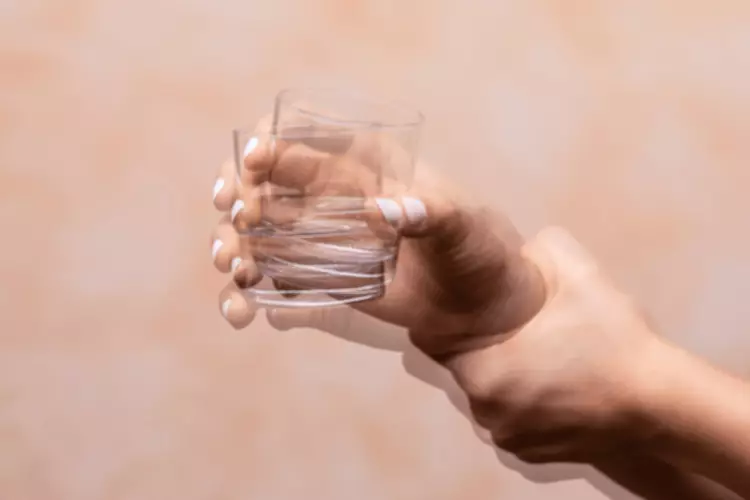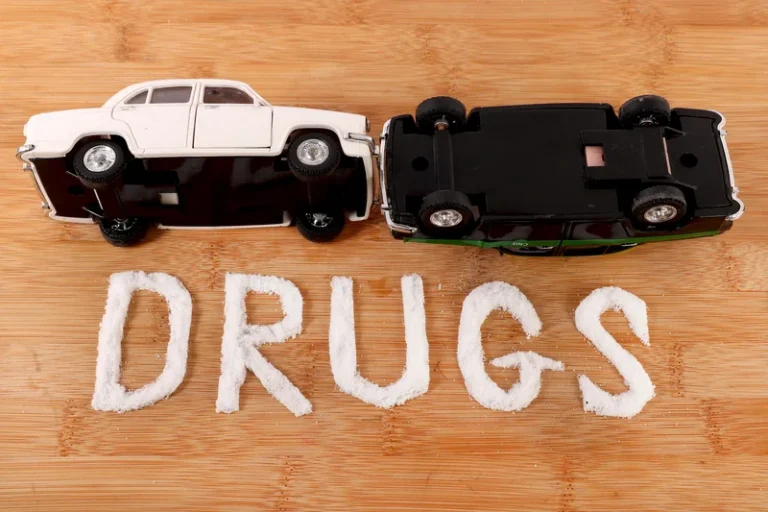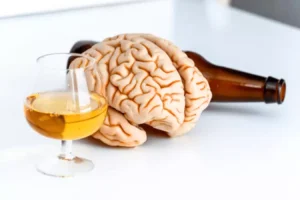Certificado de Calidad
ISO 9001:2015 / ES-0395/20144 julio, 2023

But there’s no easy way to know how much you can safely drink and still avoid a hangover. When you consume a lot of alcohol, your body struggles to break it down efficiently, and some leftover ethanol ends up in your sweat and urine. But these are not the only ways alcohol contributes to sweating; post-drinking effects also lead to sweating. When your blood pressure increases, your heart has to work harder to push blood out to the rest of the body. Drinking a lot of alcohol can affect the muscles in your blood vessels, and it causes them to constrict and become narrower, which increases blood pressure (a.k.a. hypertension). However, there are more serious effects of drinking, for which sweating can be a symptom.
First symptoms of liver damage from alcohol
If you drink more than the recommended limits and are experiencing negative consequences, you may struggle with alcohol addiction. Alcohol addiction and alcoholism are closely related but have some distinct differences. Chills, where the body experiences sudden cold sensations, can accompany night sweats, adding to the disruptive nature of the https://ecosoberhouse.com/ experience. Nausea, a feeling of sickness or an inclination to vomit, may also be present, further contributing to the distressing nature of the condition. It’s essential to distinguish alcohol intolerance from addiction, as the former is a response to the body’s difficulty in breaking down alcohol rather than a psychological dependency.
- Someone who is dependent on alcohol and suddenly quits drinking will experience alcohol withdrawal symptoms.
- It uses a 12-step program to help its members achieve and maintain recovery through weekly meetings with others suffering from alcohol addiction.
- One of the many things it does to your brain is stimulate the hypothalamus, which is responsible for body temperature, breathing, thirst, and hunger.
- Night sweats, characterized by excessive sweating during sleep, can manifest across various parts of the body, including the face, chest, back, and arms.
- In other words, alcohol tends to move heat to the perimeter of your body—making you feel warmer, while the core of your body is actually cooling down.
Tips for dealing with alcohol related night sweats

Among the various symptoms of alcohol withdrawal, night sweats are notably common and can be particularly distressing. However, if you start to notice symptoms such as excessive sweating after drinking alcohol, it might be time examine your habits. As blood alcohol levels rise in the interim, several different effects of intoxication will become more evident. Alcohol night sweats refer to the occurrence of excessive sweating during the night, often affecting the face, chest, back, and arms.
Alcohol and Profuse Sweating

This is unlikely to cause you any health concerns when you are in a warmer environment. «By flushing and sweating you are delivering more heat to the skin and thereby increasing heat loss from the ‘core’ of the body to the environment.» But ask your healthcare professional if this is safe for you and how much medicine is best for you. These medicines may not work well together with other medicines you take. If you suspect that someone has alcohol poisoning — even if you don’t see the classic symptoms — get medical help right away. A hangover is a group of unpleasant symptoms that can happen after drinking too much alcohol.
There are a few explanations for why you may sweat in your sleep after drinking alcohol. For others, night sweats are triggered by alcohol use, misuse or alcohol withdrawal. This is because your body has difficulty breaking down the alcohol you consume.
If you frequently experience day or nighttime sweating after drinking, it could be an important sign that you’ve developed an unhealthy relationship with alcohol. Learning more about this alcohol-related symptom can help you understand why night sweats after alcohol can occur, and how to find relief. Excessive perspiration at night or night sweats are commonly accompanied by hot flashes.


This can range from having no drinks throughout the week but do on the weekends to cutting happy hour shorter, or simply switching to lighter beverages. That’s okay too – just limit the amount you consume so that your symptoms subside. If you’re struggling with alcohol dependency and need assistance, don’t hesitate to reach out for help. Their compassionate team is dedicated to providing the care and tools necessary for lasting recovery. Contact Wellness Retreat Recovery to start your path toward a healthier, sober life.
Common Symptoms of Night Sweats After Drinking
- Individual factors, including metabolism rate and body composition, also play a significant role in how significantly one experiences these effects.
- As a result, during a hangover this can cause abnormal changes to your thermoregulatory mechanisms.
- This is due to a genetic mutation that prevents their body from producing enzymes that break down the toxins in alcohol.
- Because an alcohol intolerance can cause skin flushing, people may experience this effect as hot flashes or night sweats.
- These previously mentioned signs could mean you suffer from alcohol addiction, including night sweats.
Delirium tremens (DT) is the most severe form of alcohol withdrawal. If your night sweats are accompanied by other symptoms such as fever, chills, or difficulty breathing, you should seek medical attention immediately. It is also important to see a doctor if your night does alcohol make you sweat sweats become more frequent or intense over time. All three of these conditions happen for different reasons, and can vary in severity. According to him, there are multiple reasons that can lead to this problem, and the amount of alcohol also has a major role to play.

